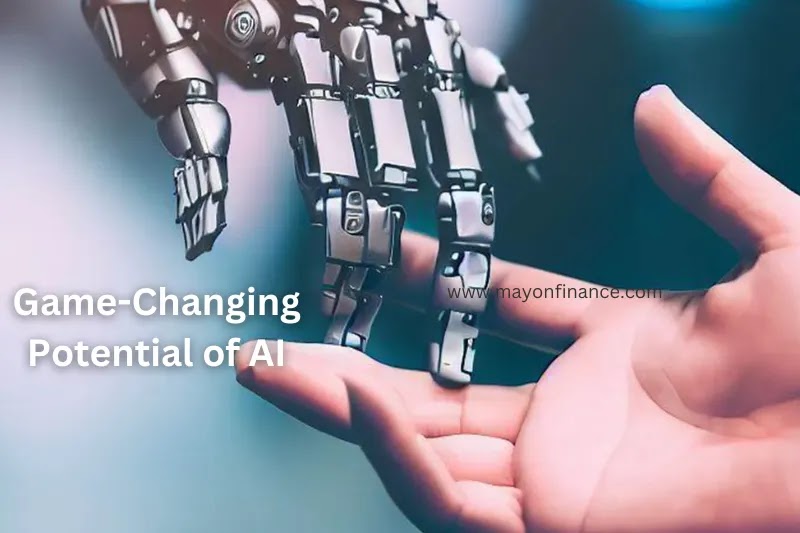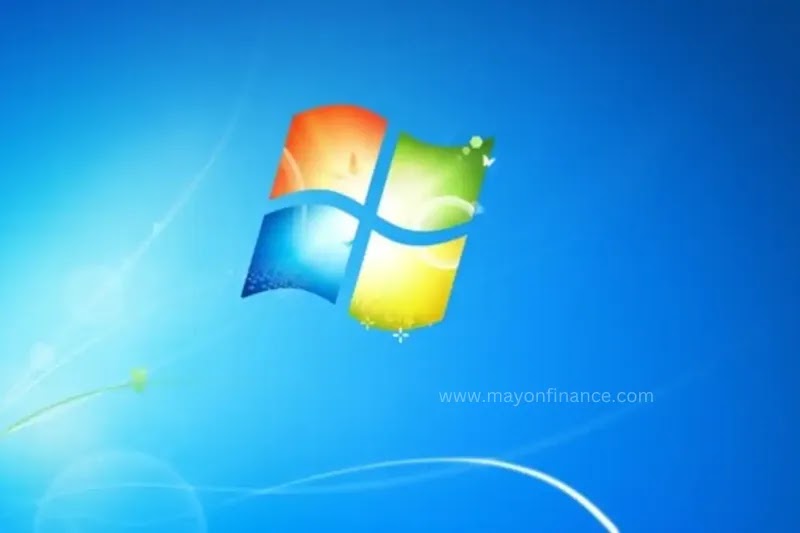Today, the modern world technology is a must for every department. like communication departments, Agriculture healthcare, etc.
The smartphone in our pocket, the Internet connection all over the world—we use the technology for chatting, video calls, etc. In this article, we will see how technology improves our lives.
Communication
One of the most profound and immediate impacts of technology has been the revolution in communication.
Today, we carry powerful communication devices right in our pockets—smartphones. These devices have redefined how we connect with people and have made the world a smaller, more interconnected place.
Consider the power of social media platforms like Facebook, Twitter, Instagram, and LinkedIn. These platforms have enabled us to share our thoughts, experiences, and photos with friends and family worldwide.
We can reconnect with old friends, network with professionals, and even mobilize social and political movements, all through the power of technology.
Moreover, instant messaging apps like WhatsApp, Messenger, and Telegram have made real-time conversations with loved ones or business colleagues across continents effortless.
The ability to send text messages, voice notes, images, and even conduct video calls at the touch of a button has brought us closer together in ways unimaginable just a few decades ago.
Access to Information
The internet is undoubtedly one of the most significant technological advancements of our time.
It serves as a vast repository of information, and technology has granted us unprecedented access to it. With just a few clicks or taps, we can find answers to our questions, learn new skills, and stay informed about current events.
Search engines like Google have become our go-to sources for knowledge.
They have made research, education, and fact-checking more accessible than ever before.
Whether you need to troubleshoot a home appliance, learn a new recipe, or understand complex scientific concepts, technology puts the answers at your fingertips.
Online courses and e-learning platforms have transformed education, making it possible for people of all ages and backgrounds to acquire new skills and knowledge. Websites like Coursera, Udemy, and Khan Academy offer a wide range of courses on topics ranging from programming and data science to art and literature. This democratization of education has empowered individuals to chart their own learning journeys.
Healthcare
It has led to substantial improvements in diagnosis, treatment, and patient care. Medical professionals now have access to cutting-edge tools and technologies that enable them to provide better care and save lives.
One of the standout advancements in healthcare technology is the development of medical devices that enhance diagnosis and monitoring.
For example, wearable fitness trackers and smartwatches can monitor heart rate, sleep patterns, and activity levels, allowing individuals to take control of their health.
On a more advanced scale, devices like MRI machines and CT scanners provide detailed insights into the human body, aiding in early disease detection and treatment planning.
Telemedicine has also emerged as a game-changer, particularly in remote or underserved areas. Patients can now consult with doctors and specialists via video calls, reducing the need for in-person visits.
This has not only improved access to healthcare but also increased convenience for patients.
Convenience and Efficiency
Technology has made our lives more convenient and efficient. It has streamlined everyday tasks, allowing us to accomplish more in less time.
For instance, online shopping has revolutionized the way we shop for goods, enabling us to browse and purchase items from the comfort of our homes. With the rise of e-commerce giants like Amazon, consumers can access an incredible array of products, often with fast delivery options.
Furthermore, online banking and digital payment systems have simplified financial transactions. From transferring money to paying bills, we can manage our finances securely and swiftly through banking apps and websites.
This convenience extends to investments, with online trading platforms providing easy access to financial markets.
Smart home technology is another example of how technology enhances convenience. Devices like smart thermostats, voice-activated assistants (e.g., Amazon’s Alexa or Google Assistant), and home security systems can automate tasks, optimize energy usage, and enhance home security.
These innovations save us time and energy, allowing us to focus on more meaningful activities.
Entertainment
Entertainment has undergone a transformation thanks to technology. Streaming services like Netflix, Hulu, Disney+, and Spotify have made it possible to access a vast library of movies, TV shows, music, and podcasts on-demand.
This shift has not only disrupted traditional media but has also given consumers more control over their entertainment choices.
Video games, too, have evolved significantly. High-definition graphics, immersive virtual worlds, and online multiplayer capabilities have turned gaming into a multi-billion-dollar industry.
Esports, or competitive video gaming, has emerged as a global phenomenon, attracting millions of viewers and offering lucrative opportunities for professional gamers.
Virtual reality (VR) and augmented reality (AR) technologies have introduced entirely new dimensions of entertainment.
VR headsets allow users to step into immersive virtual worlds, while AR overlays digital information onto the real world. These technologies are being applied in gaming, education, training, and even healthcare, promising exciting possibilities for the future.
Transportation
The transportation industry has witnessed remarkable advancements thanks to technology, with implications for both convenience and sustainability. Electric vehicles (EVs): companies like Tesla have spearheaded this transition, producing EVs that rival traditional cars in terms of performance and range.
Moreover, the development of autonomous or self-driving cars is on the horizon. These vehicles have the potential to revolutionize transportation by reducing accidents and traffic congestion while providing more mobility options for individuals with disabilities or those who are unable to drive.
Ridesharing platforms like Uber and Lyft have disrupted the taxi industry, offering convenient and often more cost-effective alternatives to traditional transportation services. These apps allow users to request rides, track drivers in real-time, and make cashless payments all through their smartphones.
Environmental
While technology has brought numerous benefits, it also plays a crucial role in addressing pressing environmental challenges. As the world grapples with climate change and resource depletion, technology offers solutions to reduce our ecological footprint.
Innovations in renewable energy sources, such as solar panels and wind turbines, have made clean energy more accessible and affordable. Homeowners can now generate their own electricity, reducing their reliance on fossil fuels and lowering their energy costs. Similarly, electric vehicles contribute to reducing greenhouse gas emissions from the transportation sector.
Energy-efficient appliances and smart home systems help homeowners reduce their energy consumption. Smart thermostats, for example, can learn your heating and cooling preferences and adjust settings to optimize energy use, ultimately lowering utility bills.
The Internet of Things (IoT) is playing a significant role in environmental conservation. Sensors and connected devices can monitor air quality, water usage, and energy consumption in real time. This data allows for more efficient resource management and can alert authorities to environmental issues such as pollution or leaks.
Conclusion
In conclusion, technology has unquestionably improved our lives in myriad ways, from enhancing communication and access to information to revolutionizing healthcare, transportation, and entertainment. As technology continues to advance, we can expect even more innovations that will further enrich our daily experiences.
So, the next time you pick up your smartphone, turn on your smart home devices, or simply browse the internet, remember that technology is a powerful force for good, continually shaping and improving the way we live.
Technology is not just a tool; it’s an essential part of our modern existence, making our lives more connected, informed, efficient, and enjoyable. As we move forward, embracing and harnessing technology’s potential can lead to a brighter, more sustainable future for all.
The impact of technology on our lives is profound, and its potential for positive change is limitless. Whether we’re communicating with loved ones, accessing information, or addressing global challenges, technology empowers us to shape a better tomorrow. Embrace it, and the possibilities are endless.


